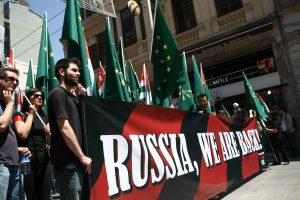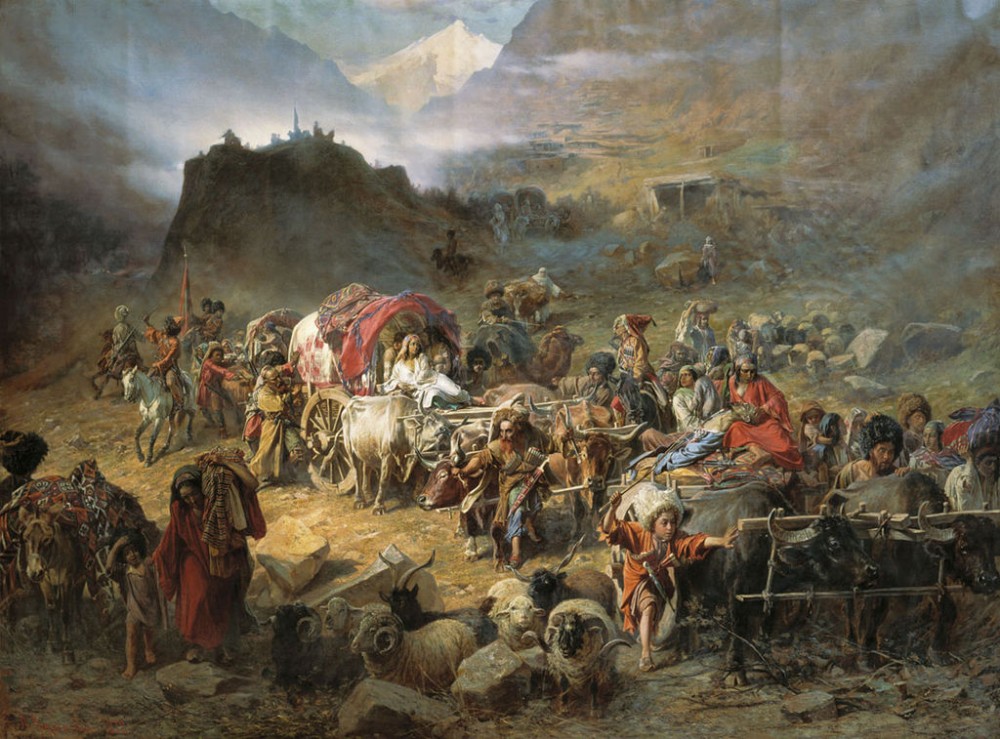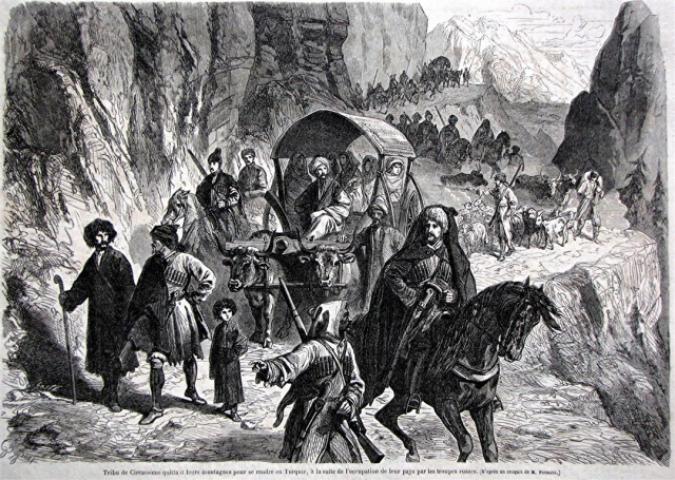For decades, Circassians have marked May 21 as a Day of Sorrow, the anniversary of their expulsion from Russia in 1864 and an event many view as an act of genocide. Until recently, they did so only privately but beginning in 1989, they have held public ceremonies in the North Caucasus, and three years ago, began to do so in Moscow as well.
But unlike in 2014 and 2015, this year the Moscow authorities have turned them down, refusing several requests and explain in some that this is because of scheduling conflicts. The Circassians are uncertain whether they believe what they are being told, but they are upset and fear this points to even more neglect of their issues and more repression of their activists.

However, it is entirely possible that Moscow will regret its action because it is likely to energize Circassians. As one pointed out, when officials in the North Caucasus tried to block such demonstrations, that only led more Circassians to take part in informal ones and to demand that their issues be addressed.
That Circassian pointedly added that the Circassians have carefully played by the rules in seeking permission for ceremonies and that “prohibitions on the carrying out of such measures will have just the opposite effect,” especially given that the Russian authorities now refuse to address Circassian issues as legitimate but instead cast them as the work of foreign forces.
Related:
- Under Putin, Circassians and Crimean Tatars at greatest risk of repression — and for same reasons
- Putin rebuilding the Iron Curtain in his typical “hybrid” fashion
- Stalin’s Caucasus crimes Putin wants you to forget
- Moscow disinformation escalating from mass media to Russian academic output
- Putin’s twisted imperial logic: The (many) historical claims on Russian lands
- Putin’s ‘Russian World’ said a model for dispersed non-Russian nations within Russian Federation
- Crimean Tatars no longer alone in remembering Stalin’s crimes against their nation






